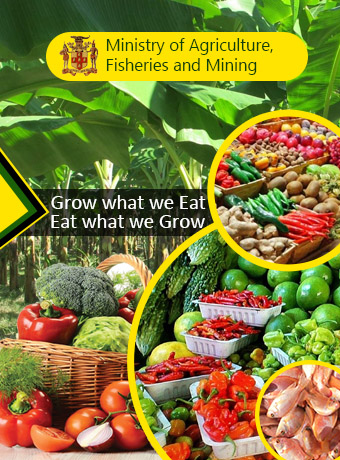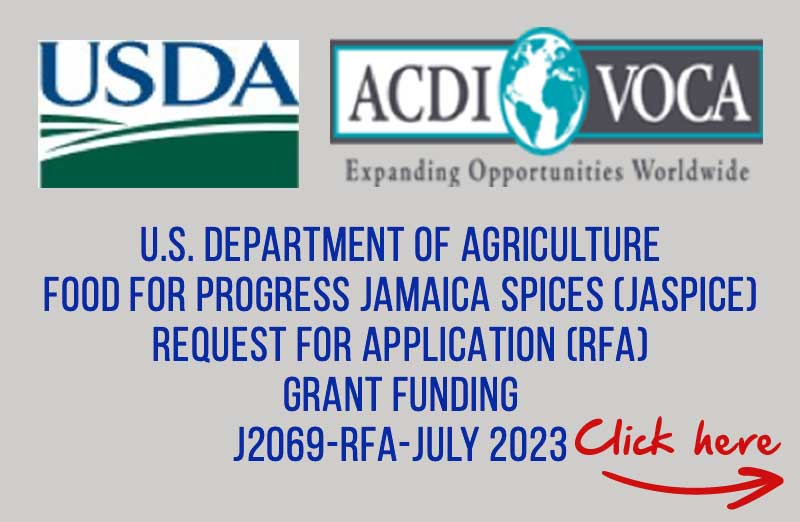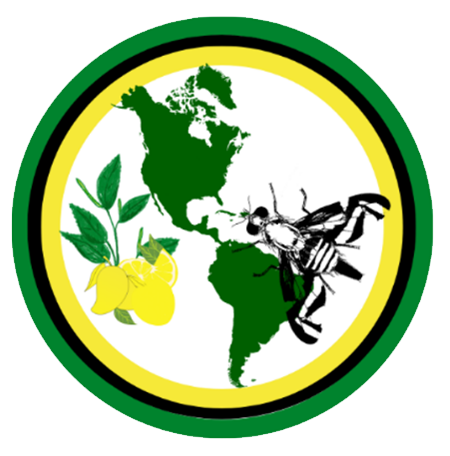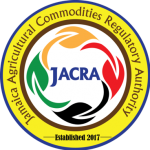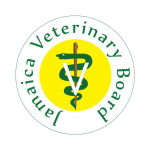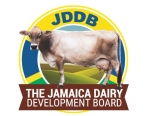
President, Jamaica Agricultural Society (JAS), Norman Grant (centre), admires a piece of pumpkin during the 13th Eat Jamaican Day exposition on the lawns of Devon House in Kingston, on November 25, 2016. Others (from left) are farmer Lascelles Simmond; Chief Technical Director in the Ministry of Industry, Commerce, Agriculture and Fisheries, Stephen Wedderburn; Custos of Kingston, Hon. Steadman Fuller, and 2016 National Farm Queen, Safiya Clennon.
Jamaica’s food import bill continues its downward trend, with data indicating that there was a 0.7 per cent reduction or US$2.4 million for the period January to May 2016.
This was noted by Minister of Industry, Commerce, Agriculture and Fisheries, Hon. Karl Samuda, in a message read by Chief Technical Director in the Ministry, Stephen Wedderburn, at the 13th anniversary of the Eat Jamaican Day exposition, on the lawns of Devon House, in Kingston, today (November 25).
He said informed that traditional domestic food export for the January to May period in 2016 was US$13.2 million, an increase of 19.5 per cent when compared to the US$11.06 million in the similar period in 2015.
“While we have seen an increase, it is clear to us that the gap between our food-import bill and our exports is still too wide,” the Minister said.
Mr. Samuda said the gains have resulted from initiatives such as the Eat Jamaican Campaign, the Import Substitution programme, and the Onion Development programme, among others.
“The Government certainly recognises the need to eat things Jamaican and that is why we have been encouraging the production and consumption of locally grown food to reduce our large food-import bill and achieve food security,” he added.
Mr. Samuda stated that since the launch of the Import Substitution programme, the country has moved from producing some 72 million kilograms of poultry meat to 112 million kilograms last year. “We expect to surpass that amount significantly this year,” he said.
The Minister pointed out that with the exception of the import of chicken necks and backs, the country is fully self-sufficient in poultry meats.
“For the past six to seven years, we have been 100 per cent self-sufficient in egg production, to the point where we are now exporting eggs to other CARICOM countries,” he added.
Mr. Samuda said the country has been fully self-sufficient in its needs for pork and pork products, including ham for which legs have not been imported in the last four to five years.
Turning to Irish potato, he said there is a market demand in excess of 15 million kilograms. “In 2003, we were producing less than 40 per cent of the table Irish potatoes we consumed. Today, we are almost fully self-sufficient,” he said.
For the Onion Development programme, Mr. Samuda said the aim is to increase local production of the crop to 70 per cent of demand over the next few years.
“Currently, it is estimated that some 10 million kilograms of onions are consumed in Jamaica annually. Some nine million kilograms of this amount are imported at a cost of US$4 million annually,” he said.
The Minister encouraged Jamaicans to continue supporting the local industries. “Eat Jamaican means supporting local families, and local communities. It means supporting local businesses, manufacturing, and, ultimately, the sustainable growth of our economy” he said.
The Eat Jamaican programme seeks to further promote the ‘Grow what we eat, eat what we grow’ campaign. The day’s activities included cooking demonstrations and tasting and a farmers’ market with various exhibitors.
=30=
JIS
